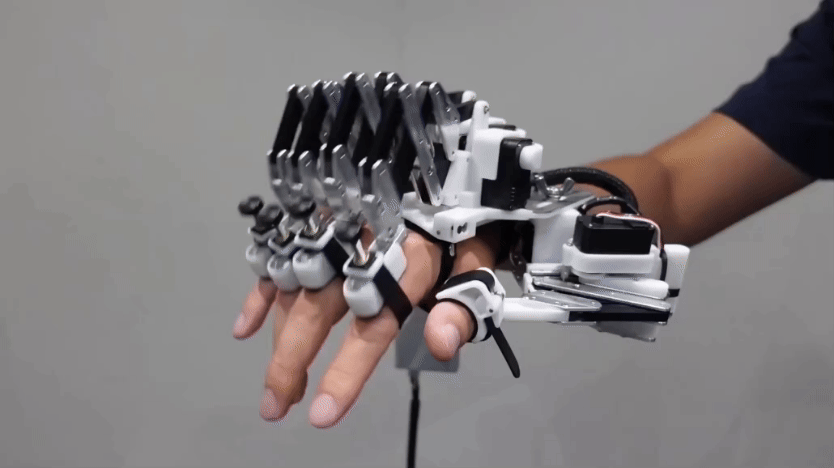Squeezing Oil from Old Wells
Adding certain bacteria to oil wells may allow recovery of crude oil that pumps can't normally extract.
By Emily Sohn
Oil fuels the lives of most people around the world. We use it to power our cars and planes, heat our homes, and even manufacture shoes, plastic bottles, and other products. Without it, the world would be a very different place.
Oil can be pumped out of the ground only in certain places, however, and there’s a limited supply. Now, scientists have found an unusual way to squeeze additional crude oil out of wells that were thought to be tapped out. They’re using microbes to help extract the trapped oil.
 |
|
Adding certain types of microbes to oil wells could release significant amounts of trapped oil that pumps, like the one shown here, can’t normally extract. |
In the United States alone, about 380 billion barrels of oil lie buried underground in places that are hard to get to—trapped inside porous rocks, for example, or stuck to grains of sand.
Bacteria of a group known as Bacillus make a waste product that works like a laundry detergent. Adding such microbes to oil wells could release trapped oil in the same way that laundry detergent lifts stains out of clothing.
To test the idea in the lab, researchers injected a mixture of Bacillus bacteria and nutrients into a column of sand that also held oil. They found that, under the right conditions, the microbes unleashed up to 40 percent of the trapped oil.
Next, the research team shut off the oil pumps at a site near the town of Oil Center, Okla. In two oil wells, they injected a solution of Bacillus bacteria along with nutrients for the bacteria to live on. In two other wells, they injected just nutrients. And, in a fifth well, they injected only water.
The bacteria had 4 days to work their magic. Then, the scientists turned the pumps back on and collected liquid from each well.
They found that microbes were still living in the microbe-injected wells. Living Bacillus turned up in none of the other wells. Oil flow also appeared to increase slightly in the microbe-treated well, but, because of pump problems, the researchers had trouble collecting enough data to be sure.
In future studies, the researchers plan to measure oil production over a longer period of time in wells treated with microbes. After that, they’ll try the technique in larger wells.—E. Sohn
Going Deeper:
Brownlee, Christen. 2006. Big oil, tiny barons: Microbes can unleash trapped petroleum. Science News 169(May 27):325. Available at http://www.sciencenews.org/articles/20060527/fob5.asp .
Cutraro, Jennifer. 2006. Microbes at the gas pump. Science News for Kids (April 12). Available at http://www.sciencenewsforkids.org/articles/20060412/Feature1.asp .







